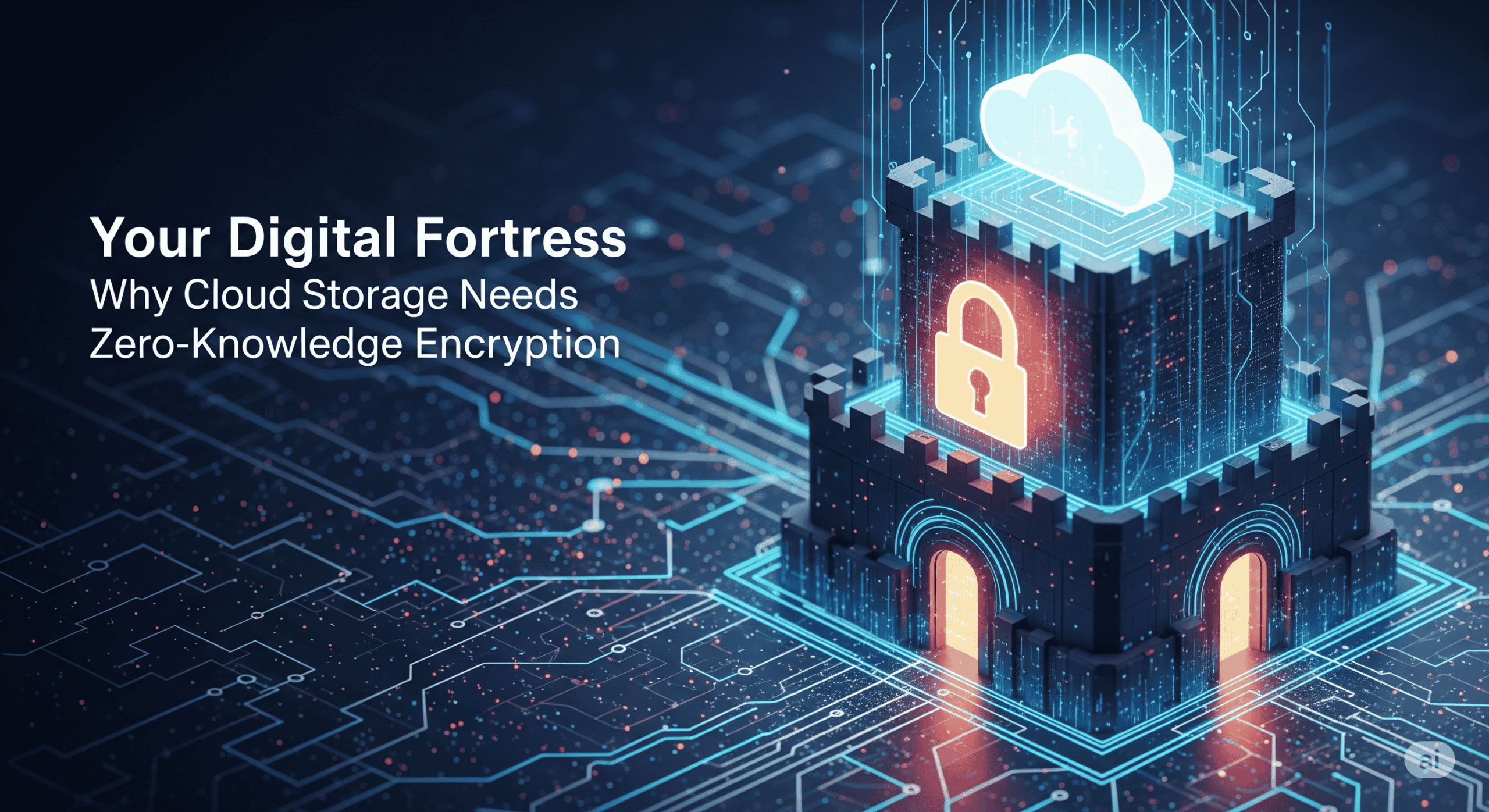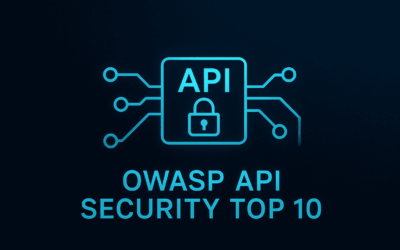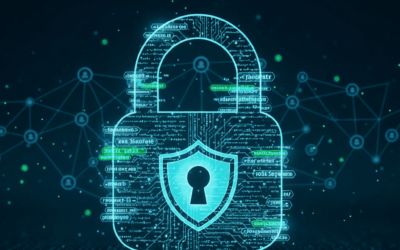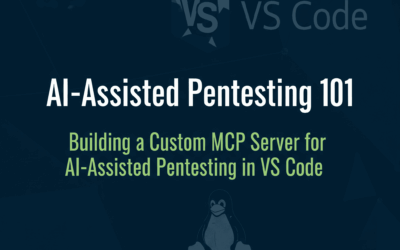Introduction
In today’s digital age, cloud storage has become indispensable. But for those who value their privacy and the security of their sensitive information, not all cloud services are created equal. This post will guide you through the essential features to look for and highlight some leading providers that can help you build your digital fortress.
The Cornerstone of Security: Zero-Knowledge Encryption (ZKE)
The most critical feature to look for in a secure cloud storage service is Zero-Knowledge Encryption (ZKE), also known as client-side encryption or end-to-end encryption.
How ZKE Works: Imagine locking your most valuable items in a safe. With ZKE, you encrypt your data on your own device before it ever leaves your computer or phone. This means the cloud provider only receives and stores the already-locked, unreadable version of your files. Crucially, they never have access to your encryption key – only you do.
This is a fundamental shift from many popular cloud services, where the provider holds the keys and theoretically could access or scan your data. With ZKE, your privacy is protected by design, as the service provider has “zero knowledge” of your files’ content.
Key features to consider in a privacy-focused cloud storage service
- Zero-Knowledge Encryption (ZKE): As explained above, this is the most critical feature for privacy.
- Strong Encryption Standards: Look for services that use robust encryption algorithms like AES-256.
- Privacy-Friendly Jurisdiction: Countries with strong privacy laws (like Switzerland) can offer an added layer of protection.
- Open Source Clients: If the client software is open-source, it allows security experts to audit the code for vulnerabilities and verify its claims.
- Independent Security Audits: Regular audits by third-party security firms demonstrate a commitment to security.
- Two-Factor Authentication (2FA): An essential security measure to protect your account.
- No Logging Policy: The service should explicitly state that they don’t log your activity or metadata.
- No File Scanning: They shouldn’t scan your files for content, advertising, or other purposes.
Top Cloud Storage Services Emphasizing Privacy and Security:
Based on current information, here are some of the most recommended services:
- Proton Drive:
- Strongly Emphasizes ZKE: Files, filenames, and other metadata are end-to-end encrypted.
- Swiss Privacy Laws: Based in Switzerland, known for its strict privacy laws.
- Open Source: Their encrypted cloud storage is routinely audited by third-party experts, and the code is open source.
- Part of a Privacy Ecosystem: Comes from the creators of Proton Mail (encrypted email), offering a suite of privacy-focused tools.
- Sync.com:
- Zero-Knowledge Encryption: Only you can access your data, not even Sync.com.
- User-Friendly: Known for its straightforward interface.
- Canadian Based: Canada also has relatively strong privacy laws.
- Internxt:
- Zero-Knowledge Encryption by default: All plans include zero-knowledge encryption without extra charges.
- Open Source and Transparent: Their code is public on GitHub for review.
- Military-Grade Encryption: Uses strong encryption techniques.
- pCloud:
- Zero-Knowledge Encryption (Paid Add-on): While pCloud offers strong security, their client-side encryption (pCloud Crypto) is often an add-on purchase. Make sure to enable this feature for maximum privacy.
- Swiss-Based: Benefits from Swiss privacy laws.
- Good for Media: Known for strong collaboration tools and media streaming capabilities.
- Tresorit:
- Zero-Knowledge Encryption: Designed for end-to-end encrypted storage and collaboration.
- Business-Focused: While it has personal plans, it’s often highlighted for its robust business features and compliance.
- Swiss-Hungarian Company: Operates under strong European data protection laws.
- NordLocker:
- Zero-Knowledge Architecture: Uses a combination of strong encryption algorithms.
- Part of the Nord Security Ecosystem: From the creators of NordVPN, focusing on overall cybersecurity.
- MEGA:
- Based in New Zealand, MEGA offers a generous free tier (typically 20GB) with end-to-end, zero-knowledge encryption. It’s known for its fast speeds and a user-friendly interface.
- However, some users have expressed concerns about its past history and the company’s reliance on client-side encryption, although it generally holds a good reputation for privacy.
Highly Important Considerations
- Zero-Knowledge Encryption: Ensure the service explicitly states and implements true zero-knowledge encryption, meaning the provider cannot access your encryption keys or your data.
- Ease of Use vs. Security: Sometimes, the most secure options might have slightly less user-friendly interfaces compared to mainstream services.
- Location and Laws: Consider where the company is based and the local data privacy laws that apply (e.g., Switzerland, Canada, EU countries generally have stronger privacy laws).
- Open Source: Services with open-source code allow for independent auditing and verification of their security claims.
- Features: Do you need file sharing, versioning, backups, integrations, or specific app support (desktop, mobile, web)?
- Pricing and Storage: Compare the free tiers and paid plans to find one that fits your budget and storage needs.
- Audits: Look for services that have undergone independent security audits.
- Reputation and History: Research the company’s track record regarding privacy and data breaches.
- Data Recovery: Be aware that with true zero-knowledge encryption, if you lose your password, the provider cannot help you recover your data. This is a trade-off for ultimate privacy.
Final Thoughts
By prioritizing services with Zero-Knowledge Encryption and a strong privacy posture, you can ensure your digital assets are stored in a secure environment that respects your privacy. Stay tuned for our next post, where we’ll delve deeper into the specific threat models that necessitate such robust security measures, especially for high-value targets.




